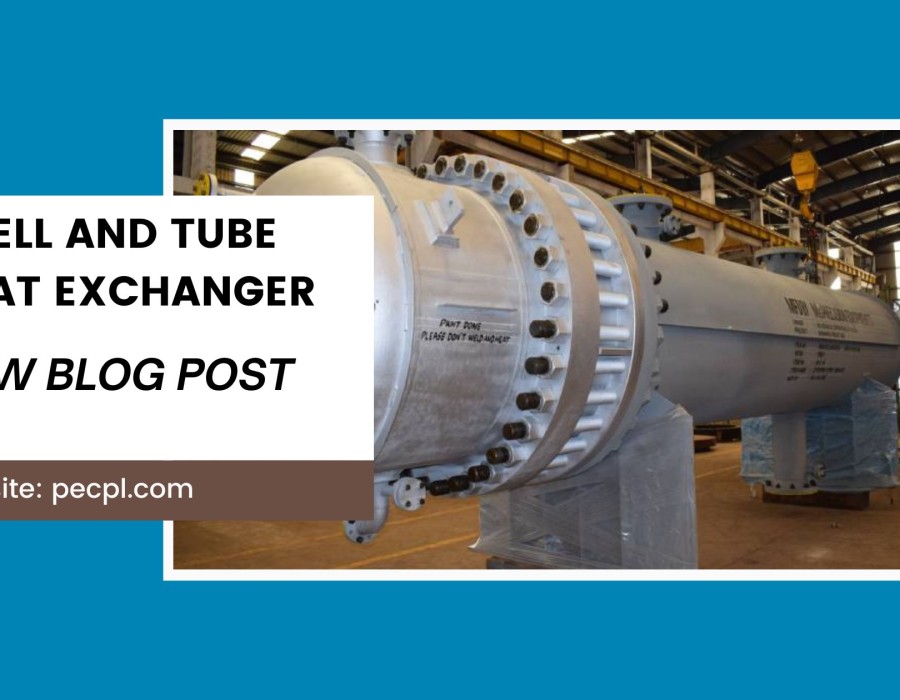Shell and tube heat exchangers play a crucial role in various industrial processes, offering versatility in heating and cooling fluids across sectors like oil and gas, chemical processing, and power generation. This article provides essential insights into selecting the most suitable shell and tube heat exchanger, ensuring efficiency, reliability, and long-term cost-effectiveness.
Before delving into the selection process, understanding application requirements is paramount. Factors such as fluid characteristics, temperature needs, pressure constraints, fouling potential, and space limitations significantly influence the design. Identifying these aspects ensures a tailored choice that aligns with specific operational demands.
Several key considerations emerge once application demands are clarified. Heat transfer area becomes pivotal, influencing the rate of heat exchange based on temperature differences and flow rates. The choice of materials for the shell and tubes is crucial, with factors like corrosion resistance, temperature limits, and strength playing key roles, especially in demanding applications that may require specialized alloys.
Baffle configuration and tube arrangement also come into play, affecting heat transfer characteristics and cleaning considerations. Maintenance and cleaning frequency are vital aspects, and the design should allow for efficient cleaning of tubes and the shell side. Balancing cost versus performance is essential, considering both initial investment and long-term operational costs, including energy efficiency and maintenance requirements.
Collaborating with a reputable manufacturer like Precision Equipments (PECPL) is emphasized throughout the article. Precision Equipments stands out with its expertise in custom-built shell and tube heat exchangers for diverse sectors. The company's engineering team employs advanced software and in-house methods to optimize designs, ensuring compliance with stringent industry standards for high-pressure applications. Their global reputation for quality and performance, spanning the USA, Canada, UAE, and South Korea, reinforces the importance of working with trusted manufacturers.
In conclusion, the selection process for a shell and tube heat exchanger requires meticulous evaluation of application specifics, performance needs, and budget considerations. The guidance provided, coupled with collaboration with a reputable manufacturer like Precision Equipments, ensures the selection of a heat exchanger that not only meets operational requirements but also maximizes efficiency, minimizes operating costs, and guarantees long-term reliability.





Comments